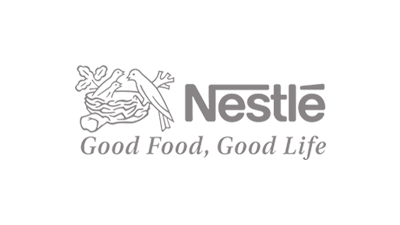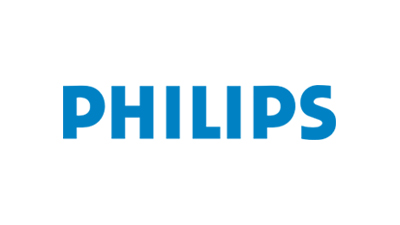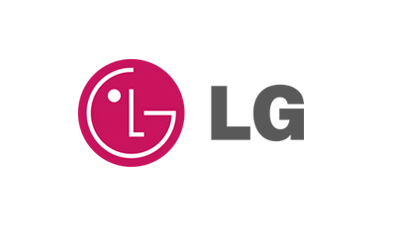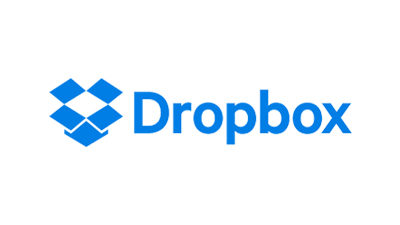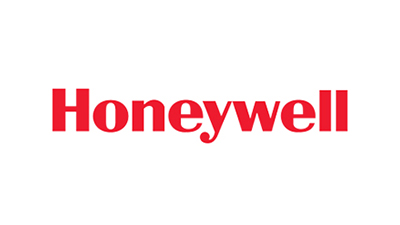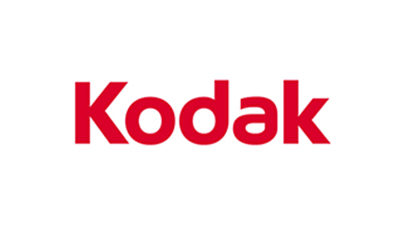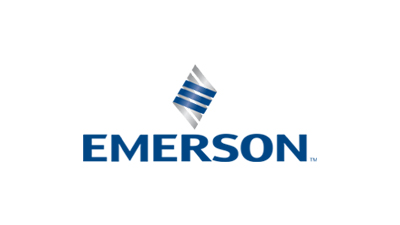Radar is a mechanism that is used to determine the presence, range, speed of an incoming objects such as missiles, aircrafts, ships weather formation and spacecraft among others. Radar uses radio waves to determine the object and it can be mounted on an aircraft, motor vehicles, and ships. A radar comprises of a transmitter which produces electromagnetic waves, a transmitting antenna, a receiving antenna and a receiver and a processor to identify the object. Presently, the seas across the globe are becoming rapidly dangerous due to growing cross-border contingencies via seas, pirate attacks, and territorial disputes among others. Due to this, radars are a necessity on any ships. These shipborne radars are mounted on military and defense ships as well as cargo ships to identify enemy missiles, aircraft, and ships and also to determine the weather condition around the sea. The major factor that is driving the market for shipborne radar is to encounter sea activities. Currently, pirate attacks or cross border attacks via sea have increased across the globe. This has led the military and defense to equip their ships with the latest radar technology in order to safeguard their ships and personnel. The cruise and cargo ship manufacturers are also incorporating their ships with the radar systems to protect the ships from any attacks and also to detect object in the sea. In addition, the shipborne radars are promoting an indigenous capabilities to the developing countries in order to develop independent defense forces which will in turn boost the shipborne radar market. Moreover, this shipborne radar systems is increasing the interest of ship manufacturers to integrate new enhanced technologies in the existing system as well as in the new vehicles. The report combines extensive quantitative analysis and exhaustive qualitative analysis, ranges from a macro overview of the total market size, industry chain, and market dynamics to micro details of segment markets by type, application and region, and, as a result, provides a holistic view of, as well as a deep insight into the Shipborne Radars market covering all its essential aspects. For the competitive landscape, the report also introduces players in the industry from the perspective of the market share, concentration ratio, etc., and describes the leading companies in detail, with which the readers can get a better idea of their competitors and acquire an in-depth understanding of the competitive situation. Further, mergers & acquisitions, emerging market trends, the impact of COVID-19, and regional conflicts will all be considered. In a nutshell, this report is a must-read for industry players, investors, researchers, consultants, business strategists, and all those who have any kind of stake or are planning to foray into the market in any manner. Key players in the global Shipborne Radars market are covered in Chapter 9: Thales Group Saab AB Kelvin Hughes Limited BAE Systems Israel Aerospace Industries Raytheon Company Northrop Grumman Corporation Lockheed Martin Corporation Harris Corporation Reutech Radar Systems In Chapter 5 and Chapter 7.3, based on types, the Shipborne Radars market from 2018 to 2028 is primarily split into: Microwave Radars Long Wave Radars Infrared Radars Other In Chapter 6 and Chapter 7.4, based on applications, the Shipborne Radars market from 2018 to 2028 covers: Defense Ships Cargo Ships Cruise Geographically, the detailed analysis of consumption, revenue, market share and growth rate, historical data and forecast (2018-2028) of the following regions are covered in Chapter 4 and Chapter 7: United States Europe China Japan India Southeast Asia Latin America Middle East and Africa Client Focus 1. Does this report consider the impact of COVID-19 and the Russia-Ukraine war on the Shipborne Radars market? Yes. As the COVID-19 and the Russia-Ukraine war are profoundly affecting the global supply chain relationship and raw material price system, we have definitely taken them into consideration throughout the research, and in Chapters 1.7, 2.7, 4.X.1, 7.5, 8.7, we elaborate at full length on the impact of the pandemic and the war on the Shipborne Radars Industry. 2. How do you determine the list of the key players included in the report? With the aim of clearly revealing the competitive situation of the industry, we concretely analyze not only the leading enterprises that have a voice on a global scale, but also the regional small and medium-sized companies that play key roles and have plenty of potential growth. Please find the key player list in Summary. 3. What are your main data sources? Both Primary and Secondary data sources are being used while compiling the report. Primary sources include extensive interviews of key opinion leaders and industry experts (such as experienced front-line staff, directors, CEOs, and marketing executives), downstream distributors, as well as end-users. Secondary sources include the research of the annual and financial reports of the top companies, public files, new journals, etc. We also cooperate with some third-party databases. Please find a more complete list of data sources in Chapters 11.2.1 & 11.2.2. 4. Can I modify the scope of the report and customize it to suit my requirements? Yes. Customized requirements of multi-dimensional, deep-level and high-quality can help our customers precisely grasp market opportunities, effortlessly confront market challenges, properly formulate market strategies and act promptly, thus to win them sufficient time and space for market competition. Outline Chapter 1 mainly defines the market scope and introduces the macro overview of the industry, with an executive summary of different market segments ((by type, application, region, etc.), including the definition, market size, and trend of each market segment. Chapter 2 provides a qualitative analysis of the current status and future trends of the market. Industry Entry Barriers, market drivers, market challenges, emerging markets, consumer preference analysis, together with the impact of the COVID-19 outbreak will all be thoroughly explained. Chapter 3 analyzes the current competitive situation of the market by providing data regarding the players, including their sales volume and revenue with corresponding market shares, price and gross margin. In addition, information about market concentration ratio, mergers, acquisitions, and expansion plans will also be covered. Chapter 4 focuses on the regional market, presenting detailed data (i.e., sales volume, revenue, price, gross margin) of the most representative regions and countries in the world. Chapter 5 provides the analysis of various market segments according to product types, covering sales volume, revenue along with market share and growth rate, plus the price analysis of each type. Chapter 6 shows the breakdown data of different applications, including the consumption and revenue with market share and growth rate, with the aim of helping the readers to take a close-up look at the downstream market. Chapter 7 provides a combination of quantitative and qualitative analyses of the market size and development trends in the next five years. The forecast information of the whole, as well as the breakdown market, offers the readers a chance to look into the future of the industry. Chapter 8 is the analysis of the whole market industrial chain, covering key raw materials suppliers and price analysis, manufacturing cost structure analysis, alternative product analysis, also providing information on major distributors, downstream buyers, and the impact of COVID-19 pandemic. Chapter 9 shares a list of the key players in the market, together with their basic information, product profiles, market performance (i.e., sales volume, price, revenue, gross margin), recent development, SWOT analysis, etc. Chapter 10 is the conclusion of the report which helps the readers to sum up the main findings and points. Chapter 11 introduces the market research methods and data sources. Years considered for this report: Historical Years: 2018-2022 Base Year: 2022 Estimated Year: 2023 Forecast Period: 2023-2028
Table of Content 1 Shipborne Radars Market Overview 1.1 Product Overview and Scope of Shipborne Radars Market 1.2 Shipborne Radars Market Segment by Type 1.2.1 Global Shipborne Radars Market Sales Volume and CAGR (%) Comparison by Type (2018-2028) 1.3 Global Shipborne Radars Market Segment by Application 1.3.1 Shipborne Radars Market Consumption (Sales Volume) Comparison by Application (2018-2028


